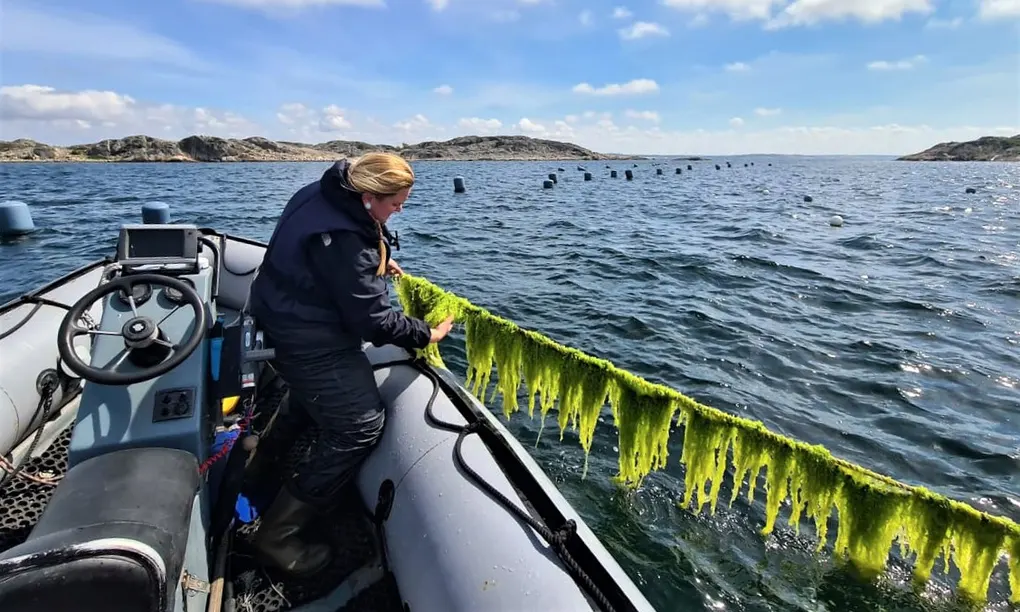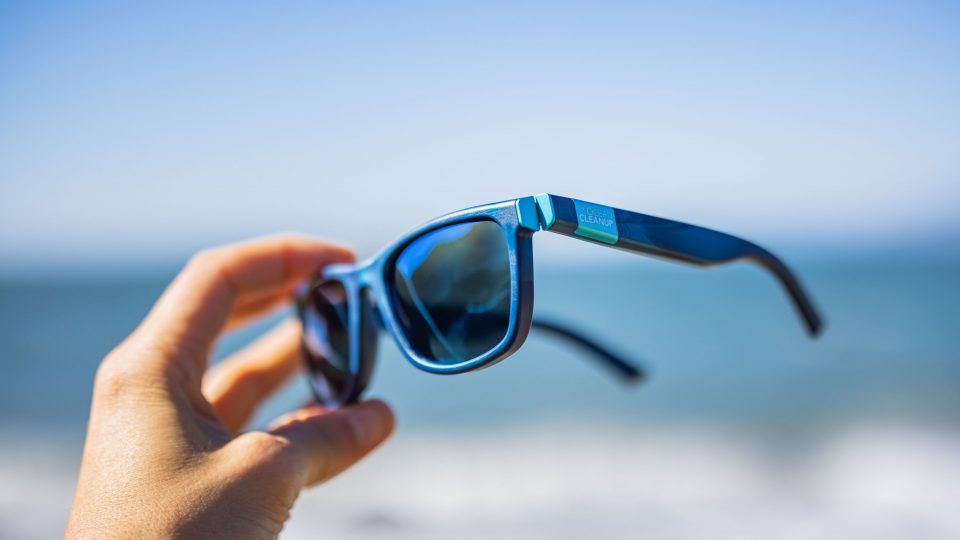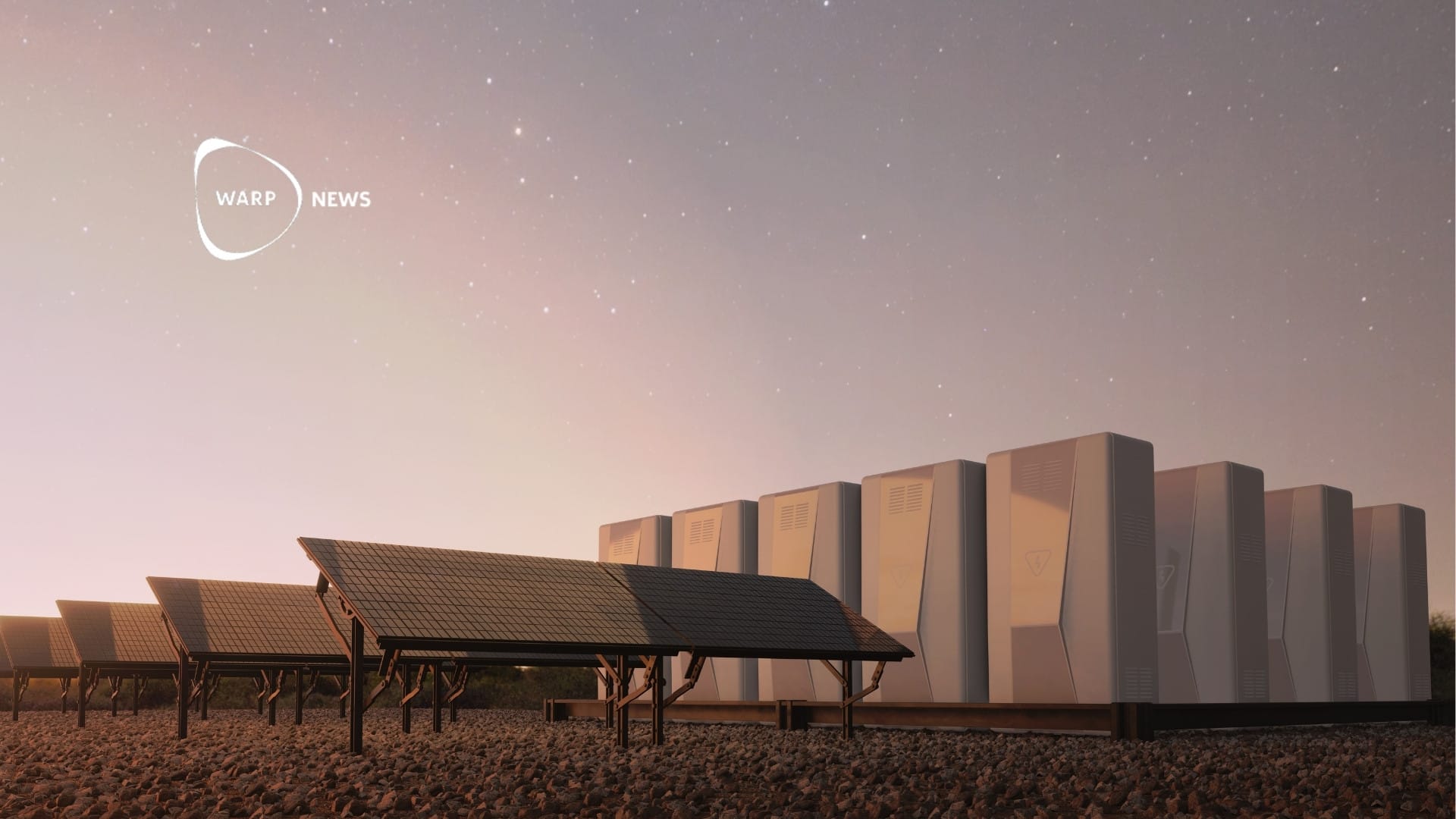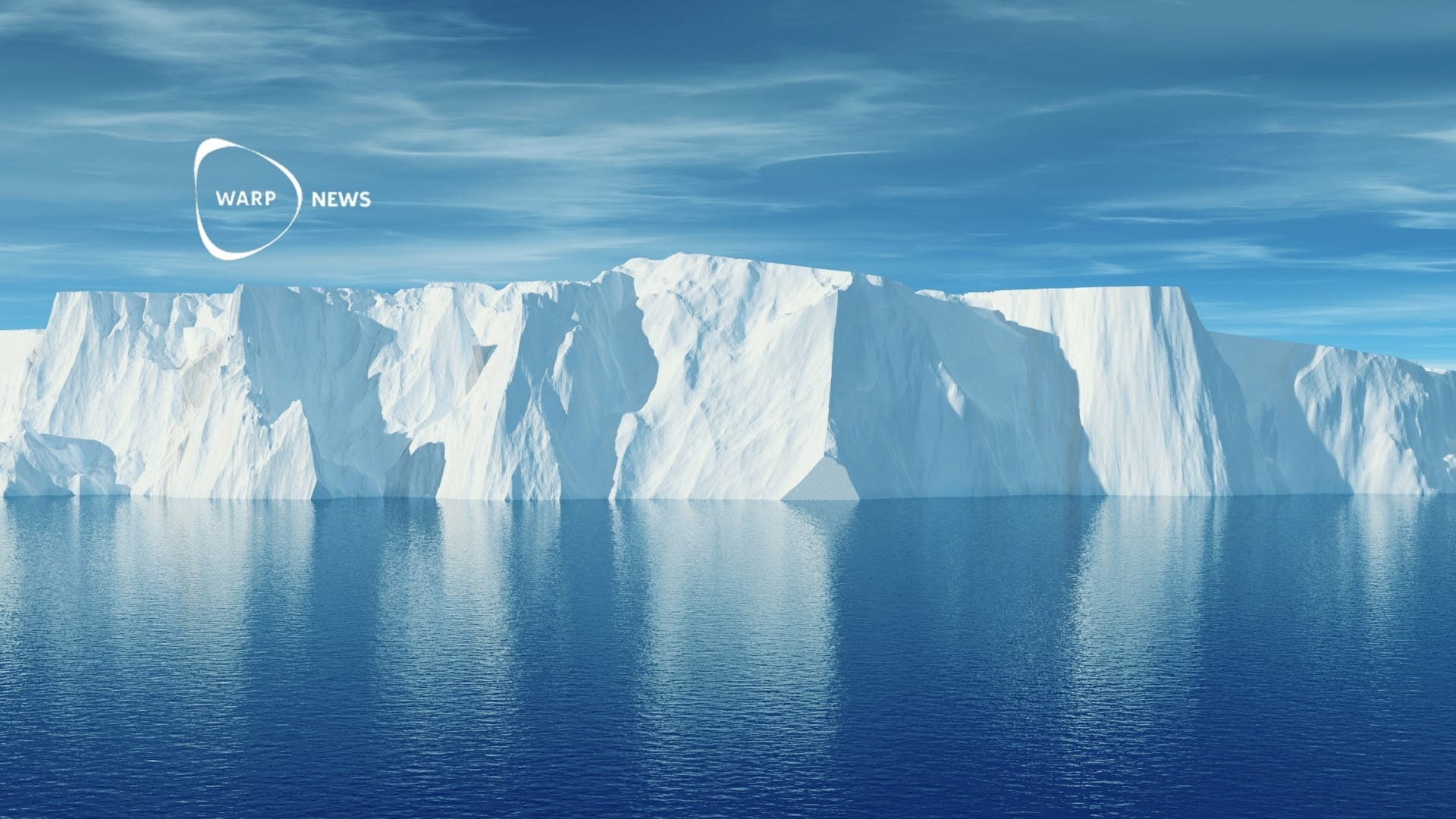
🌱 Seaweed - the next generation biofuel?
In Sweden, a seafarm wants to show how seaweed can become a future food necessity and a possible resource for plastics and biofuel by growing it in abundance all year round.
Share this story!
Sea farmers harvest seaweed crops all year round at the Tjärnö Marine Laboratory in Sweden. Although some cultures on Europe’s Northern Atlantic coasts have been eating seaweed for centuries, the Tjärnö Marine Laboratory has now begun to harvest it to sell en masse as a new point of supply for protein.
According to Optimist Daily, sea lettuce can hit up to 30 percent protein if kept away from pests like snails and egg-laying crabs, making it a competitor to today’s primary protein providers such as meat or soya. The good thing is that it doesn’t require scarce materials for agriculture. Seaweed grows abundantly in the ocean; meanwhile, creating a protein source on land requires tons of resources.
“There is no other option,” says Dr. Sophie Steinhagen, with the Tjärnö Marine Laboratory to The Guardian. “Climate change is affecting most of our crop systems, and we urgently need new production. We cannot extend terrestrial farmland – so we need to go into the ocean.”
The lab does also harvest seaweed for other areas as well. Seaweed can also provide useful materials for the development of biofuel along with plastic. Ulrica Edlund, a professor of polymer science working with the KTH Royal Institute of Technology in Stockholm, has created plastic films, filaments and other plastic materials out of the polysaccharides from seaweed.
“It’s circular because it provides a route away from fossil-based plastics. It allows you to use biomass that can be produced at a really high rate in the oceans,” she says. “You don’t have to wait 50 years for the forest to grow until you can harvest those polymers.”
All over Europe’s North Atlantic coasts seaweed farms are starting, and maybe, in a few years, Europe might harvest a sustainable source of protein together with a new biomaterial.

By becoming a premium supporter, you help in the creation and sharing of fact-based optimistic news all over the world.



